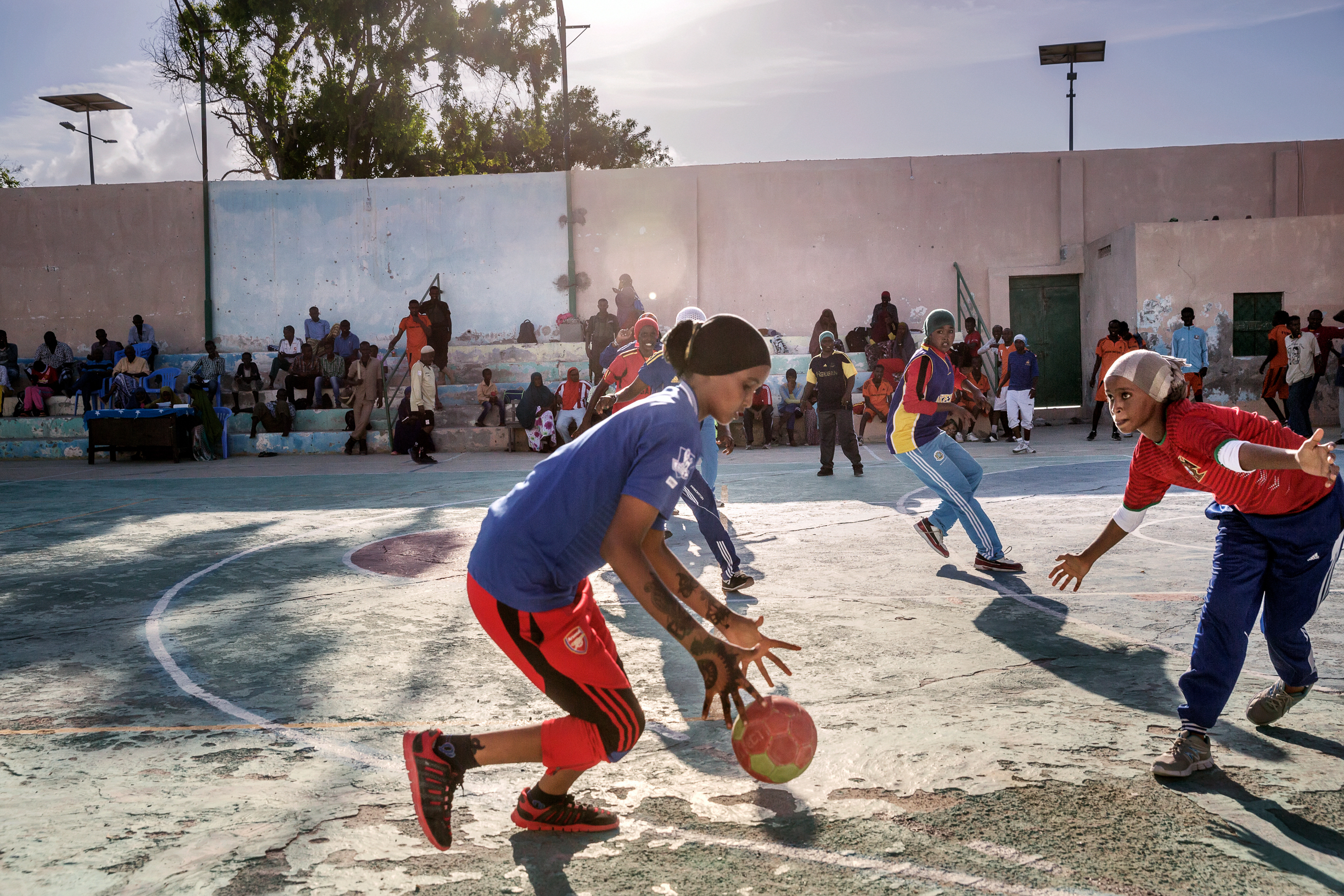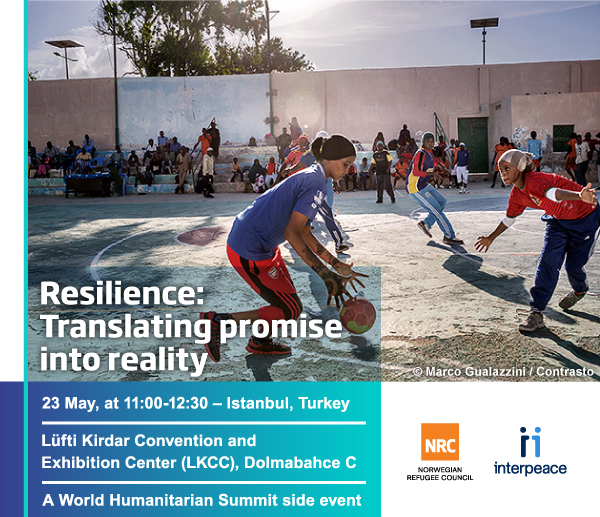Interpeace contributes peacebuilding insights to the World Humanitarian Summit

Humanitarian need has outpaced the resources that are available to meet it. This is in part due to the fact that about 80% of humanitarian needs emanate from conflict and many of these conflicts are protracted or recur, producing continuous cycles of suffering. The question then arises whether humanitarian action should, and can, contribute to breaking these cycles by working to enhance conditions for peace.
To provide peacebuilding insights to this question, Interpeace has undertaken a project together with local partners in three contexts, Côte d’Ivoire, the DRC, and Palestine, investigating local experiences of crises and humanitarian response. Key insights and recommendations from this work will be shared next week at the World Humanitarian Summit in Istanbul, at which ongoing debates about humanitarian reform will culminate on 23 and 24 May. At a side event entitled “Resilience: Translating promise into reality”, co-hosted with the Norwegian Refugee Council, we will elaborate why local capacities for resilience to violent conflict (RVC) should be a strategic priority for humanitarian response, and how they can be strengthened.
While not advocating for humanitarian actors to become peacebuilders, our work has shown that by engaging differently, humanitarian assistance could contribute more to strengthening the very capacities for resilience that societies must draw upon to break cycles of overwhelming need, and achieve brighter futures.
But, to achieve this goal, our understanding of resilience can no longer stop at the notion of ‘bouncing back’ and achieving self-sufficiency in economic terms; it must include capacities for political and social cohesion, inclusivity, and the ability to move beyond the conditions that lead to conflict in the first place. This is RVC.
We propose that one way to put RVC at the center of humanitarian assistance is for international and local actors to engage together in Meaningful Partnerships. Composed, designed, and conducted with RVC in view, these are more than partnerships on paper, in order to ensure that short-term humanitarian assistance draws on and strengthens existing capacities for resilience within local systems of actors and relationships.
Such new modus operandi will help humanitarian action move from “delivering aid to ending need”, as the Agenda for Humanity envisions. In a time where humanitarian resources are strained in the face of ever greater needs, the World Humanitarian Summit is a key opportunity for peacebuilding, development and humanitarian actors to come together and identify new solutions.
Please find more information on Interpeace’s and NRC’s side event ‘Resilience: Translating promise into reality’ here.
.
